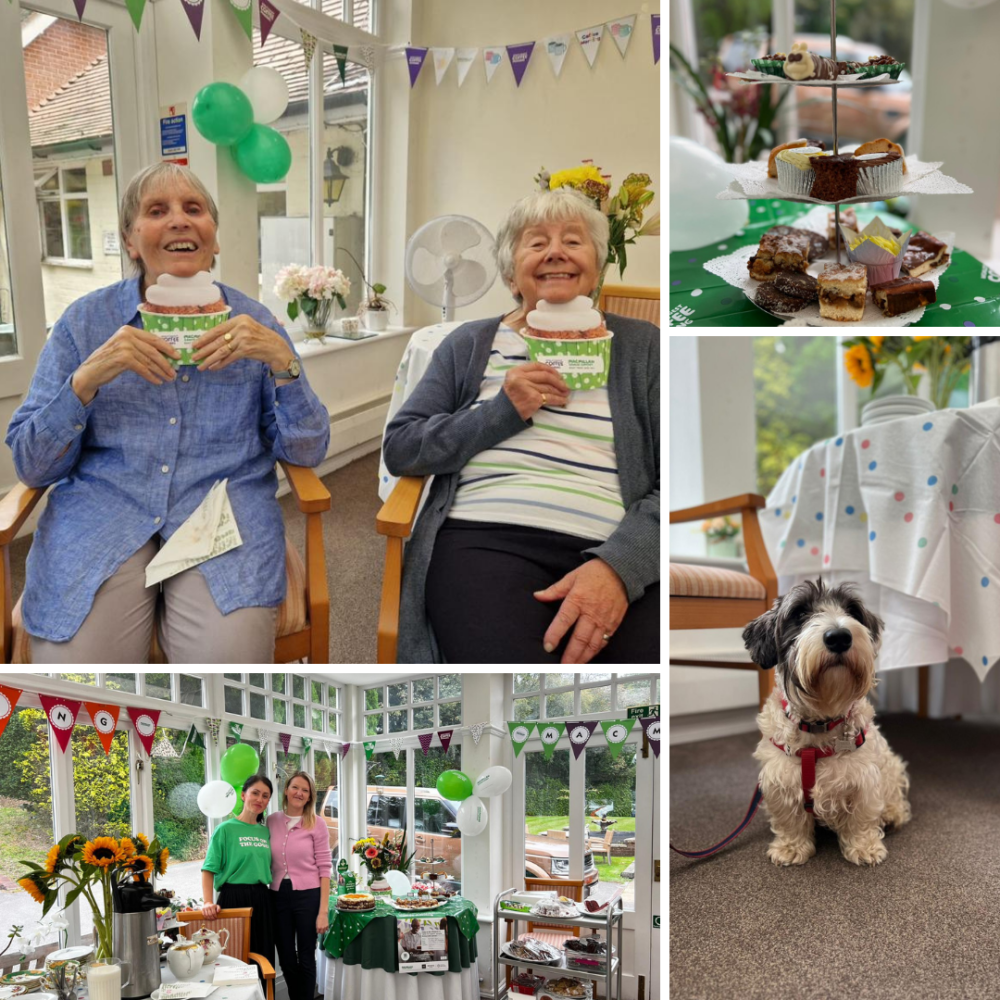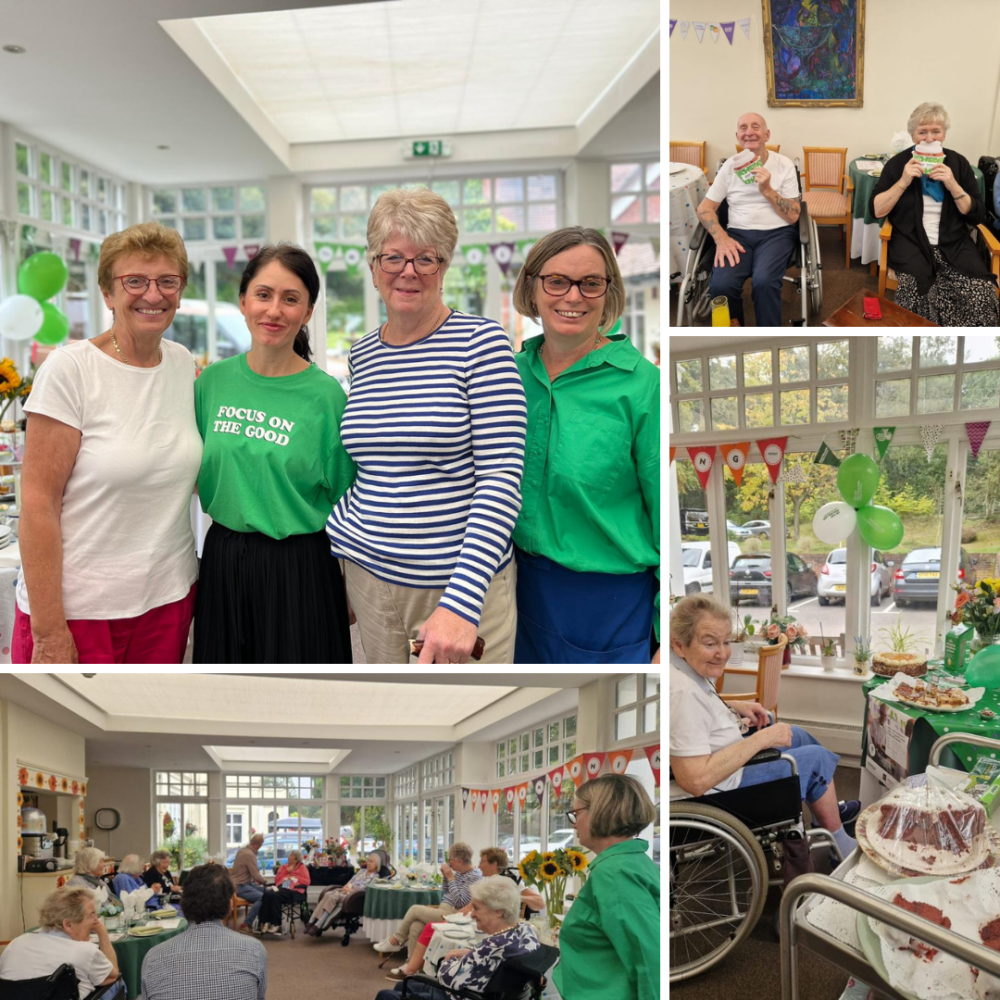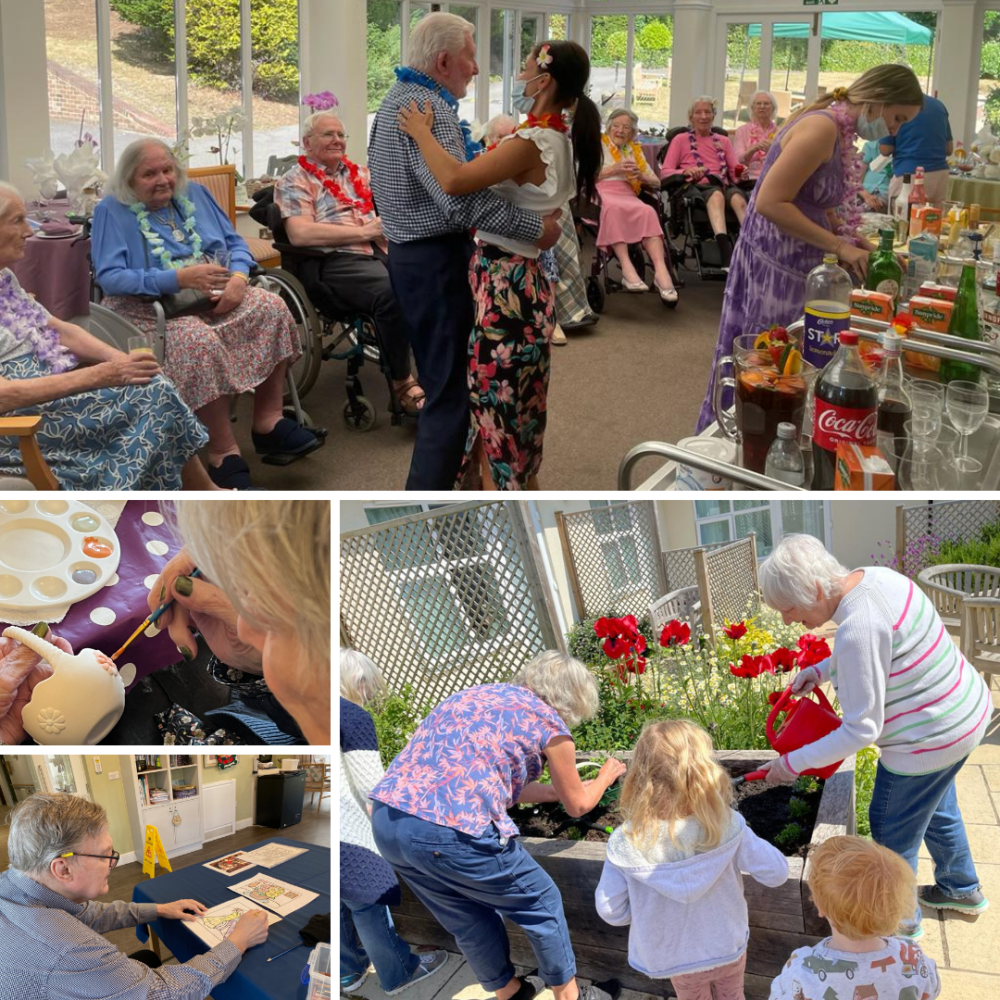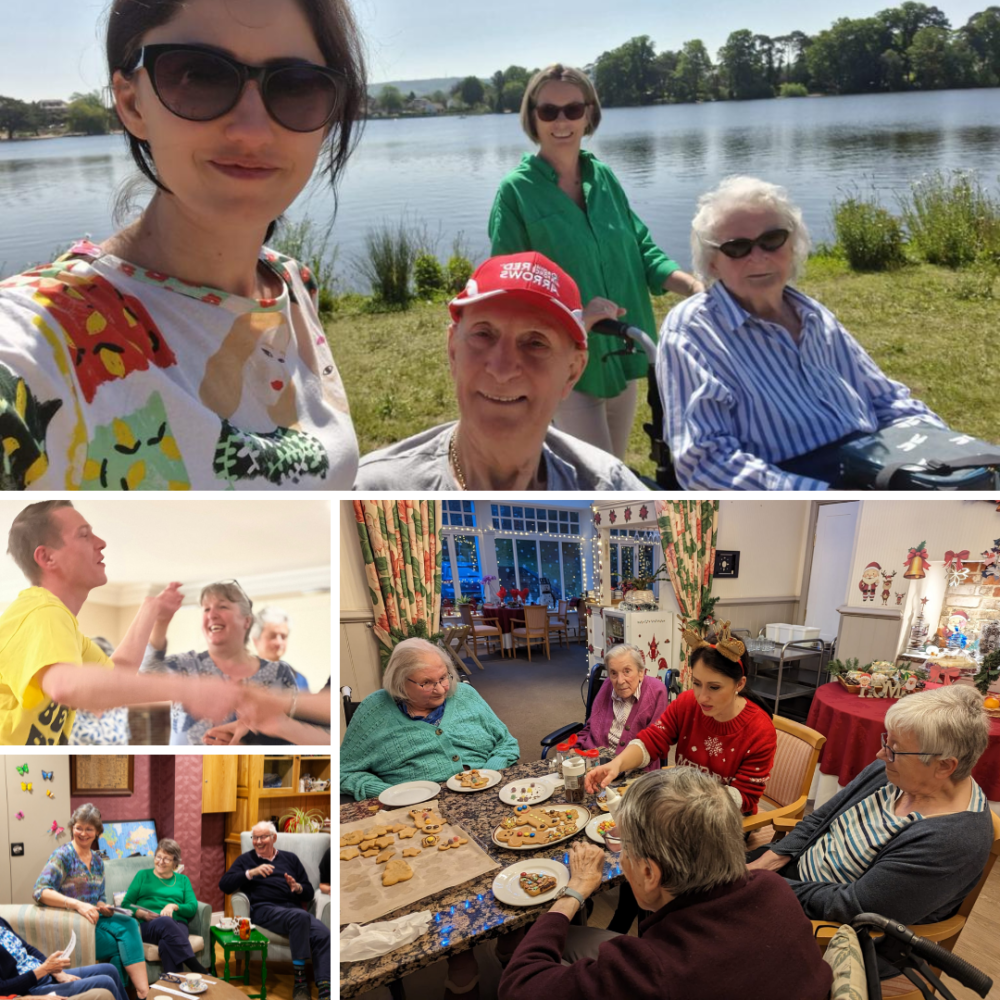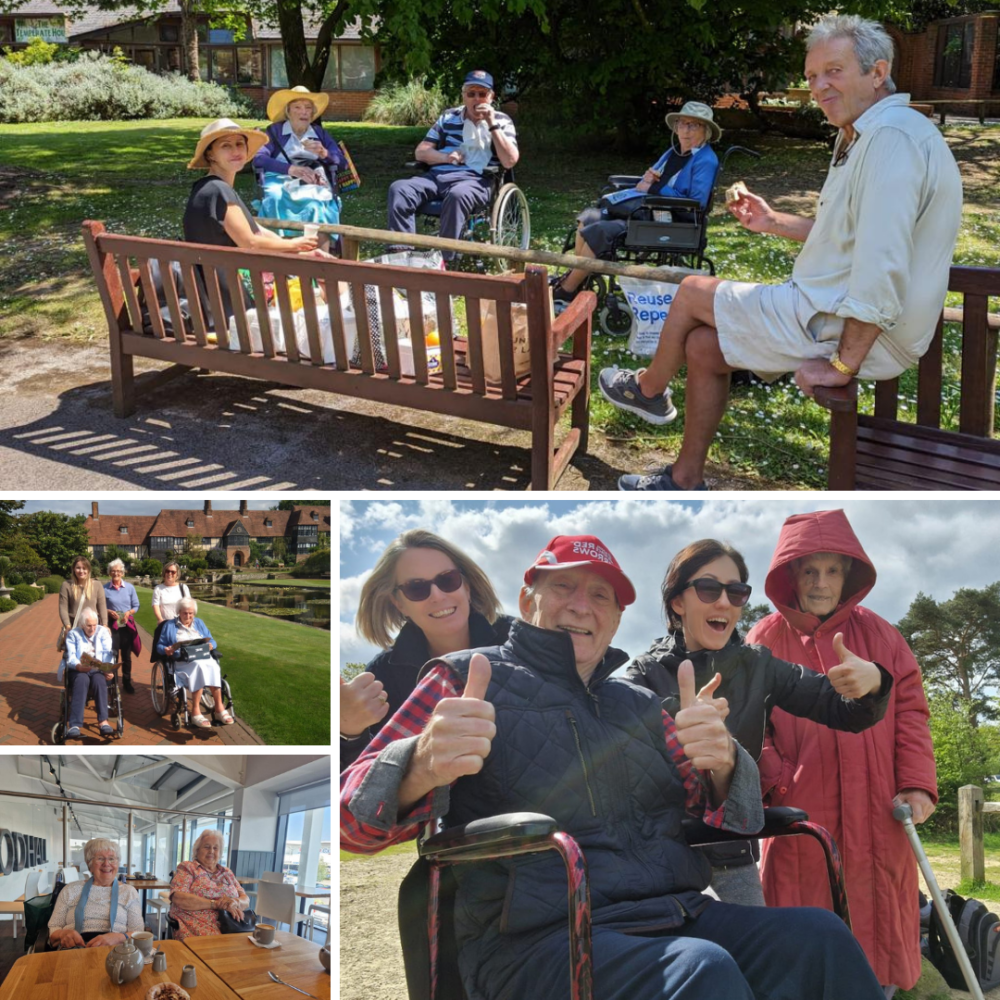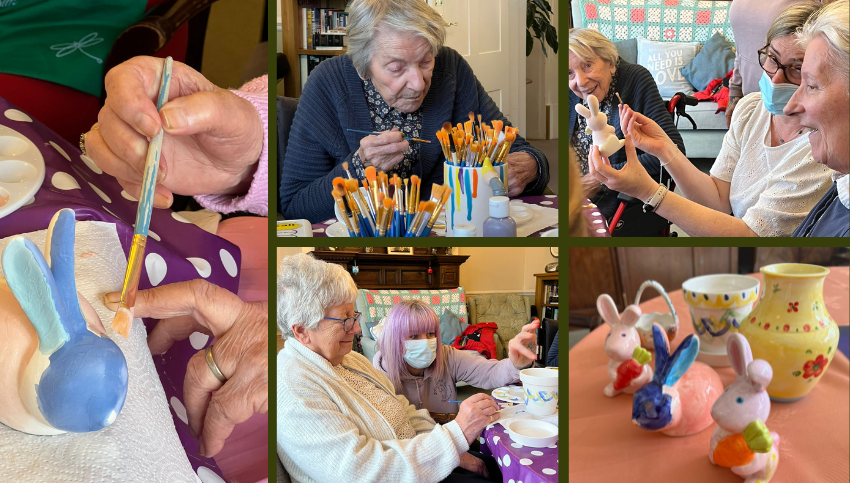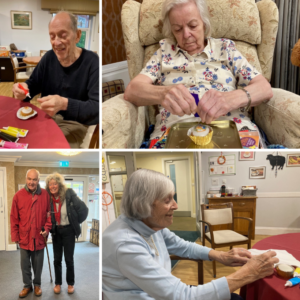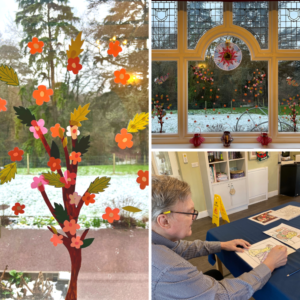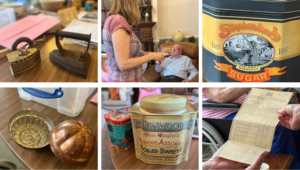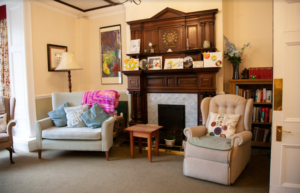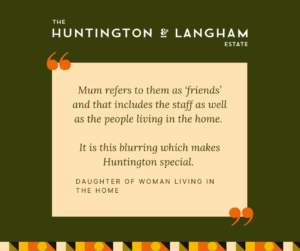Growing older with the person you love is a privilege, but it can also come with challenges.
We all age at a different pace, with the odd ache and pain. But, as time moves on, quite often we have more serious complaints, such as living with Dementia or limited mobility, and the partner with fewer needs takes on a caring role.
As the sands of time gently fall and both partners’ needs gently increase, it is not unusual for the person taking on the role of “carer” to start to feel the pressure of their added responsibilities. Eventually, they or their family may decide that they can’t continue in this role.
Similarly, the partner with additional needs can increasingly feel a burden on their loved one, and the dynamics of their relationship change. It is hard not to feel terribly guilty when, after many years together supporting each other in life’s ups and downs, managing health issues takes over the weekly routine.
For many couples in later life, there will come a time when the situation becomes too much to sustain care at home and there is no other choice than for one to move into a residential care home.
For the partner, remaining at home is a tough decision to make. It has added resonance when they feel that it is their “fault” that their loved one may have to move out of a house they may have lived in for decades because they are not able to look after them. And it means they will no longer be living together, which is terribly upsetting.
If only they could move in somewhere together…… but that’s not possible, is it?
Move into Huntington House with your partner.
It’s a common misconception that you need to move into a care home alone. You don’t! At the Huntington & Langham Estate, we love to welcome couples to our specialist care homes.
Moving into one of our homes with a partner takes a tremendous amount of pressure off the person who has previously had caring responsibilities. They can then relax and enjoy being with their loved ones without having to care for them.
Couples moving in together very quickly settle into their new environment. The couple can enjoy the atmosphere, activities and opportunities of living with us, safe in the knowledge that their care will be top-notch.
Where the couple are sharing a room we offer a 50% reduction on one persons fees, or if they have separate rooms we offer a 10% discounted rate whilst the couple remain together in the home.
Where possible, couples can join in outings and activities together, spending time in the grounds together and sharing delicious meals together too.
Moving in with your life partner offers enormous benefits to emotional well-being for both people. Nobody is left at home feeling lonely, and a huge amount of familiarity and love are immediately available within the home.
Our person-centred care approach means both residents will have individual care plans which will be combined and adapted to suit the couple.
… even if one of you is living with Dementia.
With our specialist care home dedicated to creating a meaningful life for those living with Dementia, situated alongside our Residential home, we can offer residential care for all needs. We can support people living with Dementia at Langham Court, with residential care for the other partner a short walk away at Huntington House.
Enjoy a new phase of life together.
Before moving in with us, one of our residents spent some time caring for his wife, who was a wheelchair user. Eventually, he needed nursing care and was no longer able to look after her. Their family agreed that it would be good for them to move in together, in separate rooms, so they could have their own space reflecting their care needs.
They both settled in quickly, with the wife enjoying the ability to access the terrace from her room, spending time outdoors in the fresh air, admiring the view over the estate and being able to wheel herself to spend time with her husband in his room across the hall to do the crossword together every day.
With access to the lounge and restaurant at Huntington House, she’s made friends with other residents and has joined in with outings, safe in the knowledge that her husband is being so well cared for and is safe and happy.
“I’ve been here since December. They’ve been very accommodating with my husband and I being in rooms across the hallway from each other. They even replanted a cherry tree from our previous garden we had planted to remember our son who died. They’ve been so good and kind,” said Mrs R..
Staying together in care can be the right choice for many couples – whatever their age and level of care needed.
At the Huntington & Langham Estate, we provide luxury care across our two specialist care homes.
Family-owned and run, we offer dignified, compassionate and personalised care to our residents, giving them the nurturing support they need to continue living full, independent and meaningful lives.
To arrange a visit to the Estate and tour our homes and grounds, please call 01428 604 600 or complete our contact form:





